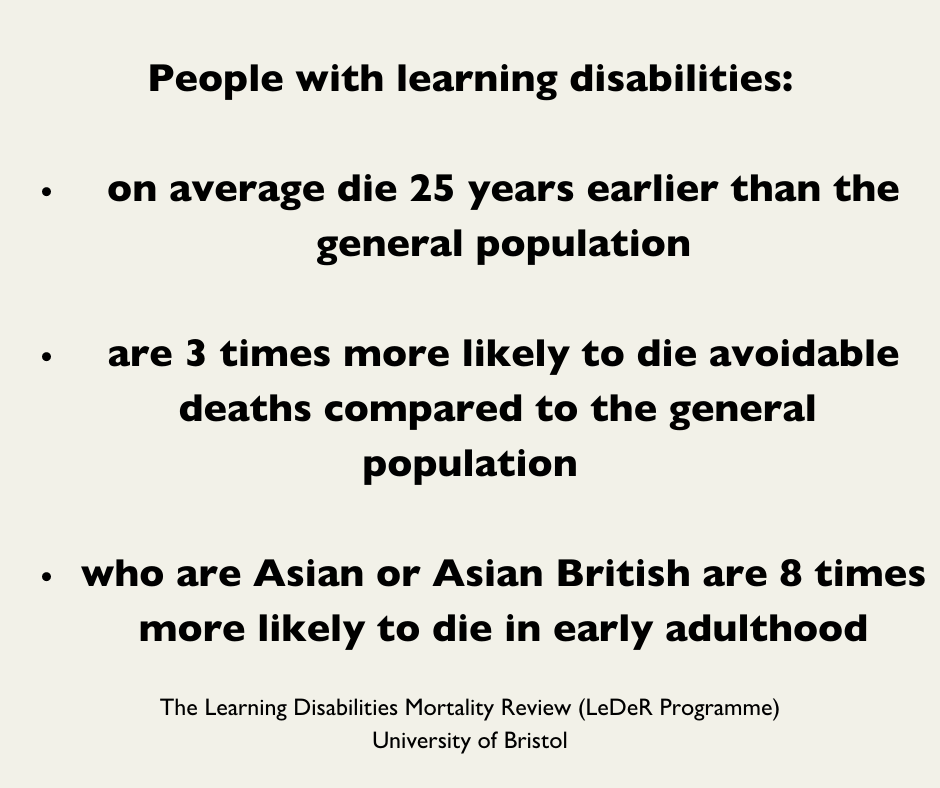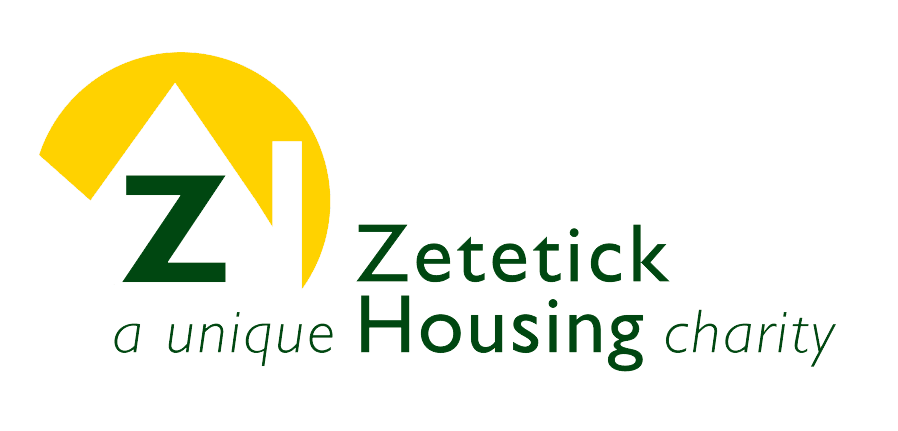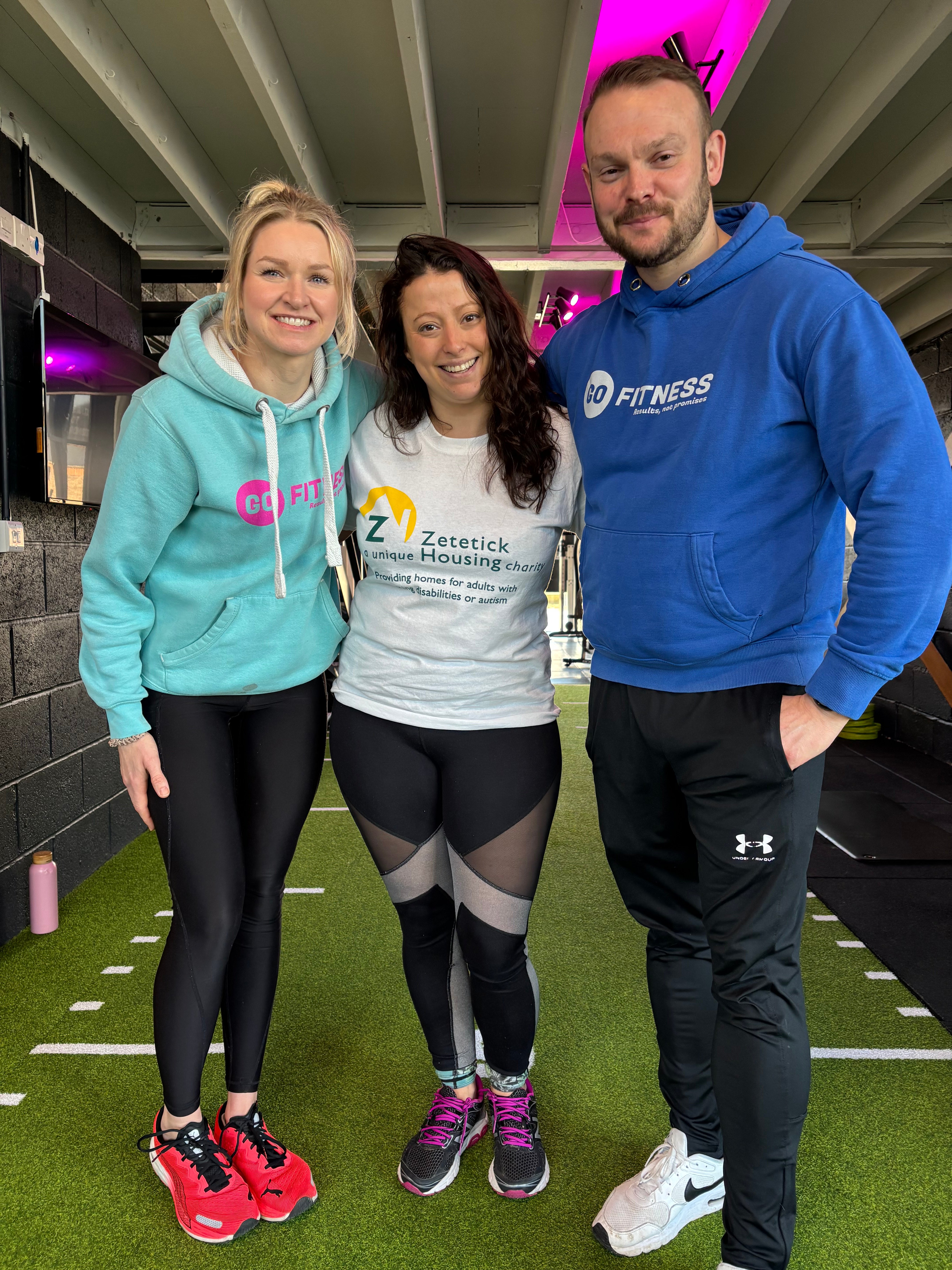Table of Contents
Safeguarding adults | Zetetick’s Zero tolerance policy
The abuse of disabled people, including autistic people and people with learning disabilities, is absolutely rife in our society. The scandals that have come to light over the last 10 years, starting with the BBC Panorama programme on Winterbourne View back in 2011, more recently in 2019 at Whorlton Hall and in 2020 at Cygnet Health Care hospital, show that this problem is not going away.
While all of these scandals have been at institutions, none of us should be complacent. Abuse also happens in other residential care settings as well as in peoples’ own homes, and we all need to be aware of it.
Restraint/Seclusion/Medication
Over 2,000 people with learning disabilities and autism are locked away in secure hospitals, partly because there is insufficient provision in local communities for housing and other services. Thousands of instances of restraint are reported every month, with who knows how many going unreported.
In so many cases restraints of different types are being used inappropriately and unnecessarily, causing harm and deterioration in people. Whether physically restraining someone through direct contact or by using equipment like arm splits, keeping people locked up in isolation, or using a ‘chemical cosh’ (keeping people heavily sedated), these practices, which should be a last resort according to government guidance, are being used far too often and then become a safeguarding issue.
The Care Quality Commission in its report ‘Out of sight – who cares?’ found:
“too many examples of undignified and inhumane care, in hospital and care settings where people were seen not as individuals but as a condition or a collection of negative behaviours. The response to this has often been to restrain, seclude or segregate them.”
https://www.cqc.org.uk/sites/default/files/20201218_rssreview_report.pdf
LeDeR report
The mortality rate for people with learning disabilities is way higher than that of the general population. This also points to abuse relating to health inequalities, where people are dying due to lack of access to medical services, suffering neglect before and during treatment, not being listened to, and their needs and required adjustments not being understood or taken seriously.
The Learning Disabilities Mortality Review (LeDeR) Programme at the University of Bristol published their latest report earlier this year. It reported:

https://www.bristol.ac.uk/media-library/sites/sps/leder/LeDeR_2019_annual_report_FINAL2.pdf
Zero tolerance
Whether abuse occurs in an inpatient unit, in a residential home or in someone’s own home, we should all be aware of what to look out for and know how to act.
As providers of best practice supported living to adults at risk, Zetetick takes its safeguarding responsibilities extremely seriously, and we have an absolute zero tolerance policy.
Everyone has the right to be safe from harm and abuse, and that applies to our tenants, staff, and everyone we work with.
Zetetick works with the following definition of abuse:
A single or repeated act or lack of appropriate action occurring within any relationship where there is an expectation of trust, which causes harm or distress.
Safeguarding adults – types of abuse
There are different types of abuse. They include:
- Physical – including hitting, slapping, pushing, inappropriate restraint, withholding of medication including inadequate pain control
- Sexual – rape, sexual assault or sexual acts without consent, pressurised consent, capacity to consent
- Psychological – emotional abuse, verbal abuse, threats, humiliation, controlling, isolation
- Financial – theft, fraud, misuse or misappropriation of property, possessions or benefits
- Neglect – ignoring medical or physical needs, withholding medication, nutrition, clothing, heating, failure to access services
- Discriminatory – race, sex, sexuality, religion, disability, nationality
Training and reporting
All Zetetick staff have had safeguarding training, and it is the duty of all employees to report concerns or witnessed or suspected incidents of abuse, straight away.
Outside of each organisation’s own reporting procedures, each local authority has a Safeguarding Adults Board where you can report concerns.
Safeguarding adults and the wellbeing of our tenants is Zetetick’s primary concern.
Find out more about our values, the B.E.D.R.O.C.K. of our charity:
https://zhc.org.uk/zetetick-our-values/
#SafeguardingAdultsWeek #Safeguarding #SaferCultures #ListenLearnLead
EV






 Boost Your Estate Agency: Join Hike4Homes 2025-Show You Care
Boost Your Estate Agency: Join Hike4Homes 2025-Show You Care Giving: experience the joy of giving for free
Giving: experience the joy of giving for free Charity Donations | 3 reasons for bountiful giving
Charity Donations | 3 reasons for bountiful giving Life partners - Rosie's story
Life partners - Rosie's story Meet Zetetick trustees - An interview with Natasha
Meet Zetetick trustees - An interview with Natasha